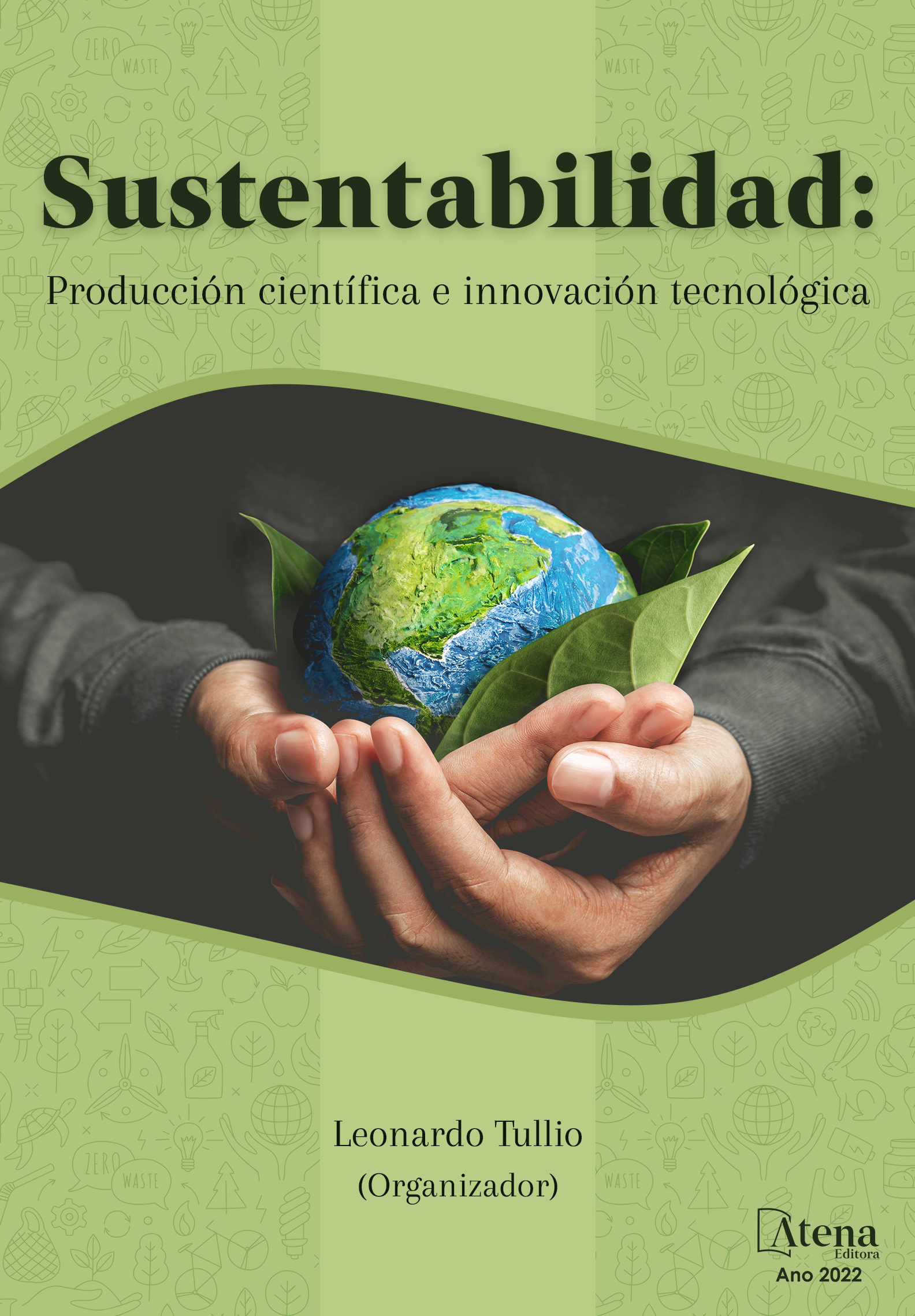
OS PLANOS DE GESTÃO DE LOGÍSTICA SUSTENTÁVEL (PLS) E RELATÓRIOS DE ACOMPANHAMENTO COMO FERRAMENTAS DE AÇÕES NOS ESFORÇOS DE REDUÇÃO DE EMISSÕES DE CO2 NO GERENCIAMENTO DO ESPAÇO AÉREO.
Este artigo trata dos Planos de Logística Sustentável (PLS) e de Relatórios de Acompanhamento, como ferramentas de ações nos esforços de redução das emissões de CO2 no Gerenciamento do Espaço Aéreo. O objetivo é apresentar o PLS entre outras iniciativas na proposição de conceito de novo indicador que relacione atividade-fim a energia e água em termos de emissões de CO2 para os órgãos de Gerenciamento de Tráfego Aéreo, relacionando aos produtos e serviços oferecidos por esses órgãos em função da energia consumida e dos recursos naturais empregados para sua execução, e de sua relação com a redução das emissões de CO2. Ao final são propostos e detalhados dois indicadores ligados à atividade-fim: o Indicador “Volume de água operacional utilizada pelo Órgão de Controle e Gerenciamento de Tráfego Aéreo” e o indicador “Consumo de Energia Elétrica Operacional pelo Órgão de Controle ou Gerenciamento de Tráfego Aéreo”. Assim, busca-se na legislação do PLS, na Instrução Normativa que oferece as regras para elaboração dos Planos de Logística Sustentável, no Decreto que regulamenta os PLS, na Lei de Licitações e em Legislação específica de Tráfego Aéreo, enfatizando a visão integrada entre o Gerenciamento de Tráfego Aéreo (ATM – Air Traffic Management) e as ações de Desenvolvimento Sustentável na busca da sustentabilidade.
OS PLANOS DE GESTÃO DE LOGÍSTICA SUSTENTÁVEL (PLS) E RELATÓRIOS DE ACOMPANHAMENTO COMO FERRAMENTAS DE AÇÕES NOS ESFORÇOS DE REDUÇÃO DE EMISSÕES DE CO2 NO GERENCIAMENTO DO ESPAÇO AÉREO.
-
DOI: 10.22533/at.ed.5102201067
-
Palavras-chave: Emissões de CO2, ATM Global, Gerenciamento de Tráfego Aéreo, Sustentabilidade, Planos de Logística Sustentável, Desenvolvimento Sustentável, Aviação.
-
Keywords: CO2 Emissions, Global ATM, Air Traffic Management, Sustainability, Sustainable Logistics Plans, Sustainable Development, Aviation.
-
Abstract:
This article deals with Sustainable Logistics Plans (SLP) and Monitoring Reports, as action tools in efforts to reduce CO2 emissions in Airspace Management. The objective is to present the SLP among other initiatives in the proposal of a new indicator concept that relates end-activity to energy and water in terms of CO2 emissions for the Air Traffic Management Agency, relating to the products and services offered. by these agencies in terms of the energy consumed and the natural resources used for their execution, and their relationship with the reduction of CO2 emissions. At the end, two indicators related to the core activity are proposed and detailed: The indicator "Operating water volume used by the Air Traffic Control and Management Agency" and the indicator "Operational Electric Energy Consumption by the Air Traffic Control or Management Agency". Thus, it is sought in the SLP legislation, in the Normative Instruction that provides the rules for the elaboration of Sustainable Logistics Plans, in the Decree that regulates the SLP, in the Bidding Law and in specific Air Traffic Legislation, emphasizing the integrated vision between Air Traffic Management (ATM – Air Traffic Management) and Sustainable Development actions in the pursuit of sustainability.
-
Número de páginas: 24
- ELOY FASSI CASAGRANDE JUNIOR
- Geovana Maria Rodrigues de Sousa


